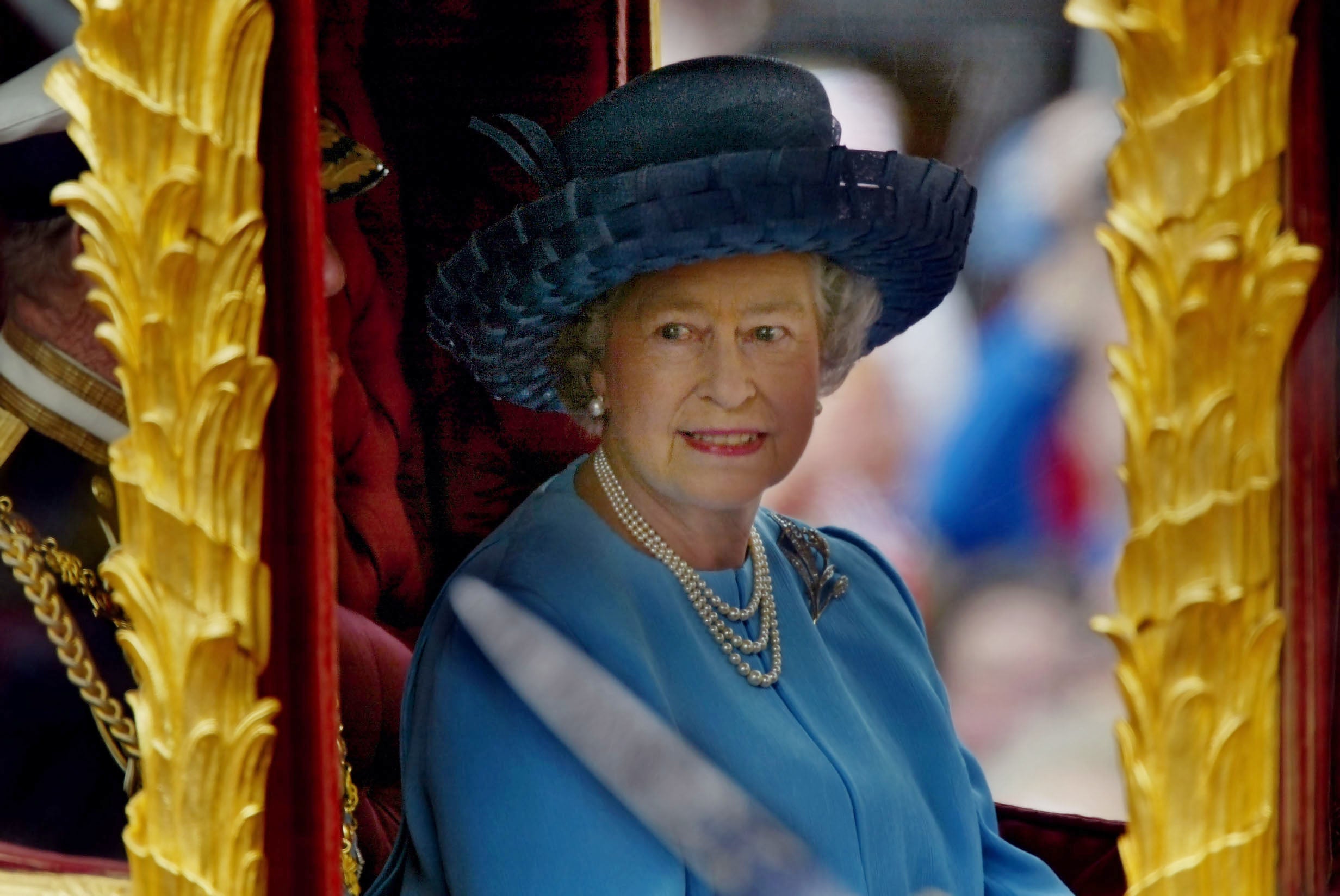Bank of England delays interest rates announcement after Queen’s death
Meeting has been postponed for a week as nation mouns death of Her Majesty
Your support helps us to tell the story
From reproductive rights to climate change to Big Tech, The Independent is on the ground when the story is developing. Whether it's investigating the financials of Elon Musk's pro-Trump PAC or producing our latest documentary, 'The A Word', which shines a light on the American women fighting for reproductive rights, we know how important it is to parse out the facts from the messaging.
At such a critical moment in US history, we need reporters on the ground. Your donation allows us to keep sending journalists to speak to both sides of the story.
The Independent is trusted by Americans across the entire political spectrum. And unlike many other quality news outlets, we choose not to lock Americans out of our reporting and analysis with paywalls. We believe quality journalism should be available to everyone, paid for by those who can afford it.
Your support makes all the difference.A decision on whether to increase interest rates next week has been delayed by the Bank of England as a mark of respect following the death of the Queen.
Bank officials were due to meet for a Monetary Policy Committee on Thursday at which it was widely expected they would hike interest rates in a bid to curb soaring inflation.
Officials said the meeting would be held next week instead, after a period of public mourning. The decision will then be made public on 22 September.
A Bank statement said: “In light of the period of national mourning now being observed in the United Kingdom, the September 2022 meeting of the Monetary Policy Committee has been postponed for a period of one week”.
The Bank of England, which is independent from the government, is in control of managing inflation - or rising prices.
It has a target of keeping inflation below 2 per cent but it is currently running at 10.1 per cent and expected to rise further.
When inflation rises the price of everyday goods such as food increase.
The current inflationary spiral is being driven by soaring energy bills, fuelled by rising global wholesale gas prices as a result of Russia’s war in Ukraine.
When the Bank raises interest rates it becomes more expensive to borrow money. This means things like mortgages become more expensive.
The Bank hopes that by raising interest rates people will want to keep more of their money, spend less, reducing demand for products - thereby bringing down the cost of goods.

Her Majesty, who served on the throne for seven decades, died on Thursday at her Balmoral residence in Scotland.
The official announcement came at 6.40pm, shortly after senior royals rushed to Balmoral to be at the Queen’s side.
Earlier in the day, the House of Commons had been told that she was under medical supervision because doctors were concerned for her health.
Her death marked the end of the Elizabethan era and leaders at home and abroad have been paying tribute to the sovereign.
Leading the tributes was King Charles III, described his mother as “much loved” and a “cherished sovereign”.
Liz Truss, the new prime minister, led tributes in the House of Commons as MPs paid their respects to Britain’s longest-serving monarch.

She said: "All of us in this house will support him as he takes our country forward to a new era of hope and progress. Our new Carolean age.
"The crown endures. Our nation endures. And in that spirit, I say God save the King."
Her speech was met with approval from MPs with Conservative MP Tom Tugendhat, a Home Office minister, shouting "God save the King" from the side gallery as she finished.Liz Truss, the new prime minister, led tributes in the House of Commons as MPs paid their respects to the monarch.
"All of us in this House will support him as he takes our country forward to a new era of hope and progress. Our new Carolean age.
"The crown endures. Our nation endures. And in that spirit, I say God save the King."

Her speech was met with approval from MPs with Conservative MP Tom Tugendhat, a Home Office minister, shouting "God save the King" from the side gallery as she finished.
Labour leader Keir Starmer also paid tribute to the Queen, who he said gave people courage when they needed it most.
He said: “Our Queen played a crucial role as the thread between the history we cherish and the present we own".
He added: "Never was this link more important than when our country was plunged into lockdown at the start of the pandemic.
"Her simple message: that we would see family again, that we would see friends again, that we would be together again, gave people strength and courage when they needed it most.
"But it wasn’t simply the message that allowed a shaken nation to draw upon those reserves, it was the fact she was the messenger."
He added: "At the time we were most alone, at a time we had been driven apart, she held the nation close, in a way no one else could have done. For that, we say: thank you."
The Queen will lie in state in Edinburgh and Westminster as part of 10 days of national mourning beginning on Friday.
Union flags will be lowered and flown at half-mast on royal residences, government buildings and military establishments and books of condolence opened at British embassies across the world.




Join our commenting forum
Join thought-provoking conversations, follow other Independent readers and see their replies
Comments